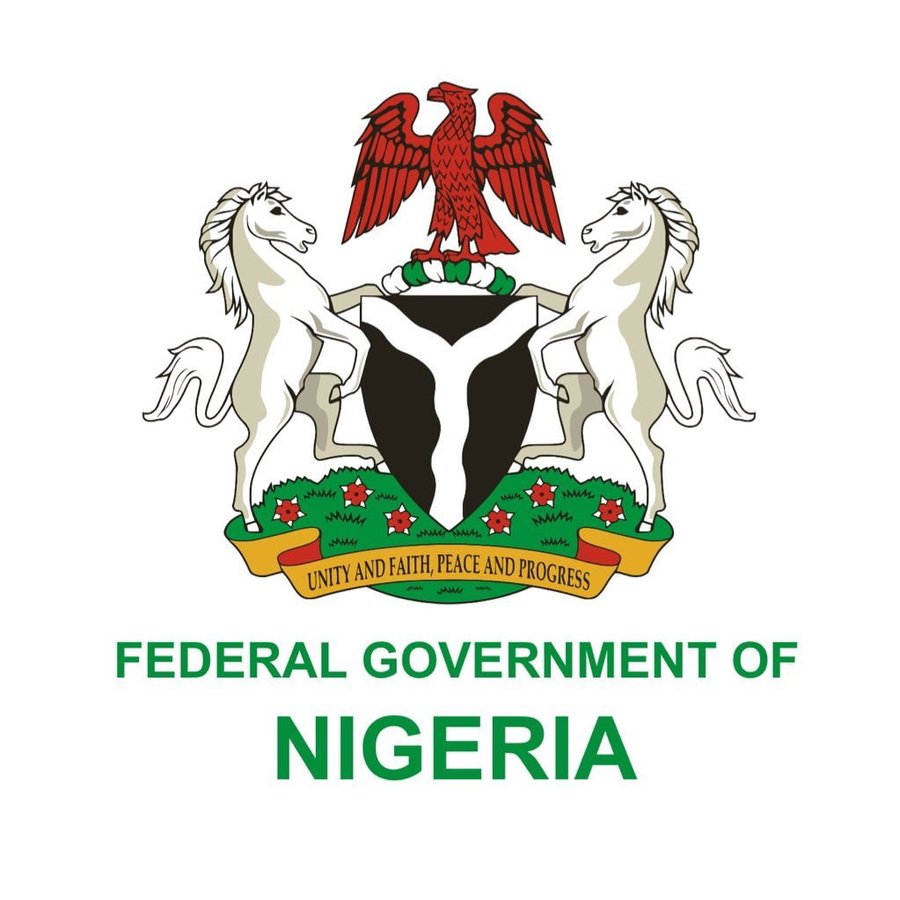The Federal Government may be spending approximately N236 billion per month to subsidize Premium Motor Spirit (PMS), commonly known as petrol, sourced through the Nigerian National Petroleum Company (NNPC) and the Dangote Petroleum Refinery.
This comes as Alhaji Aliko Dangote, President and CEO of the Dangote Group, urged the government to completely eliminate fuel subsidies, arguing that this move would help determine Nigeria’s actual petrol consumption.
Dangote’s call for the removal of subsidies received support from the Independent Petroleum Marketers Association of Nigeria (IPMAN) and the Centre for Promotion of Private Enterprise (CPPE) on Tuesday. Reports also indicated that members of the Major Oil Marketers Association of Nigeria (MOMAN) had lifted over 50 million liters of petrol from the Dangote refinery over the past week.
According to major oil marketers, NNPC has been selling petrol at N766 per liter, while purchasing it from the Dangote refinery at N898 per liter, resulting in a subsidy of N132 per liter. With Dangote supplying 25 million liters of petrol daily to the domestic market, the government is shouldering a daily subsidy of approximately N3.3 billion, which could amount to about N99 billion in a month.
In addition to Dangote’s supply, Nigeria’s daily PMS consumption is estimated at 45.7 million liters, meaning the remaining 20.7 million liters are imported. In July, the Major Oil Marketers Association of Nigeria reported that the landing cost of imported petrol was N1,117 per liter, a figure that remains unchanged. Independent marketers have revealed that NNPC now sells imported petrol to IPMAN members at N895 per liter, resulting in a subsidy of N222 per liter. This implies that for 20.7 million liters of imported petrol, NNPC is subsidizing N4.59 billion daily, amounting to N137.86 billion per month.
Combined, the estimated monthly subsidy for Dangote-supplied and imported petrol could total N236.86 billion.
During an interview in New York on Monday, Dangote emphasized the need to end the subsidy regime, stating that it leads to inflated costs and excessive government spending. He further explained that the operation of his refinery would help clarify Nigeria’s actual fuel consumption, which is currently estimated between 45.7 million and 60 million liter s per day.



